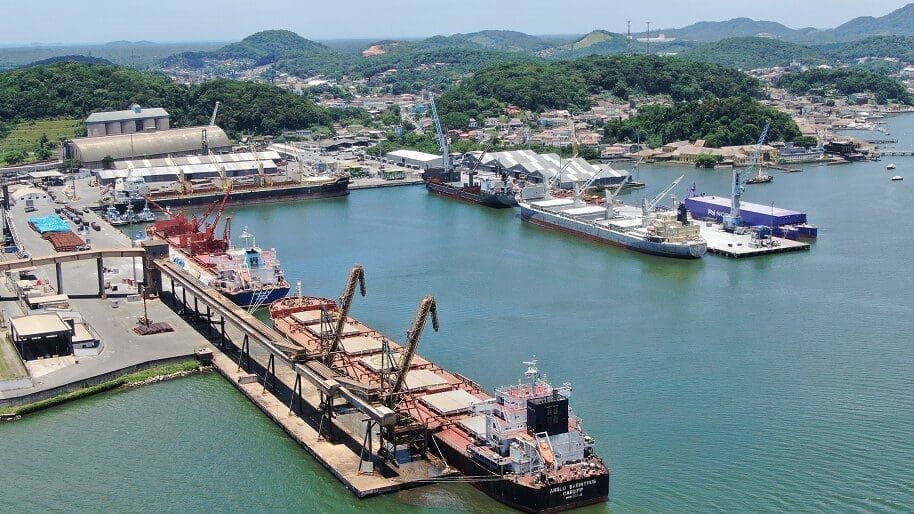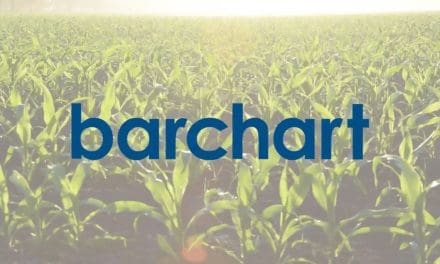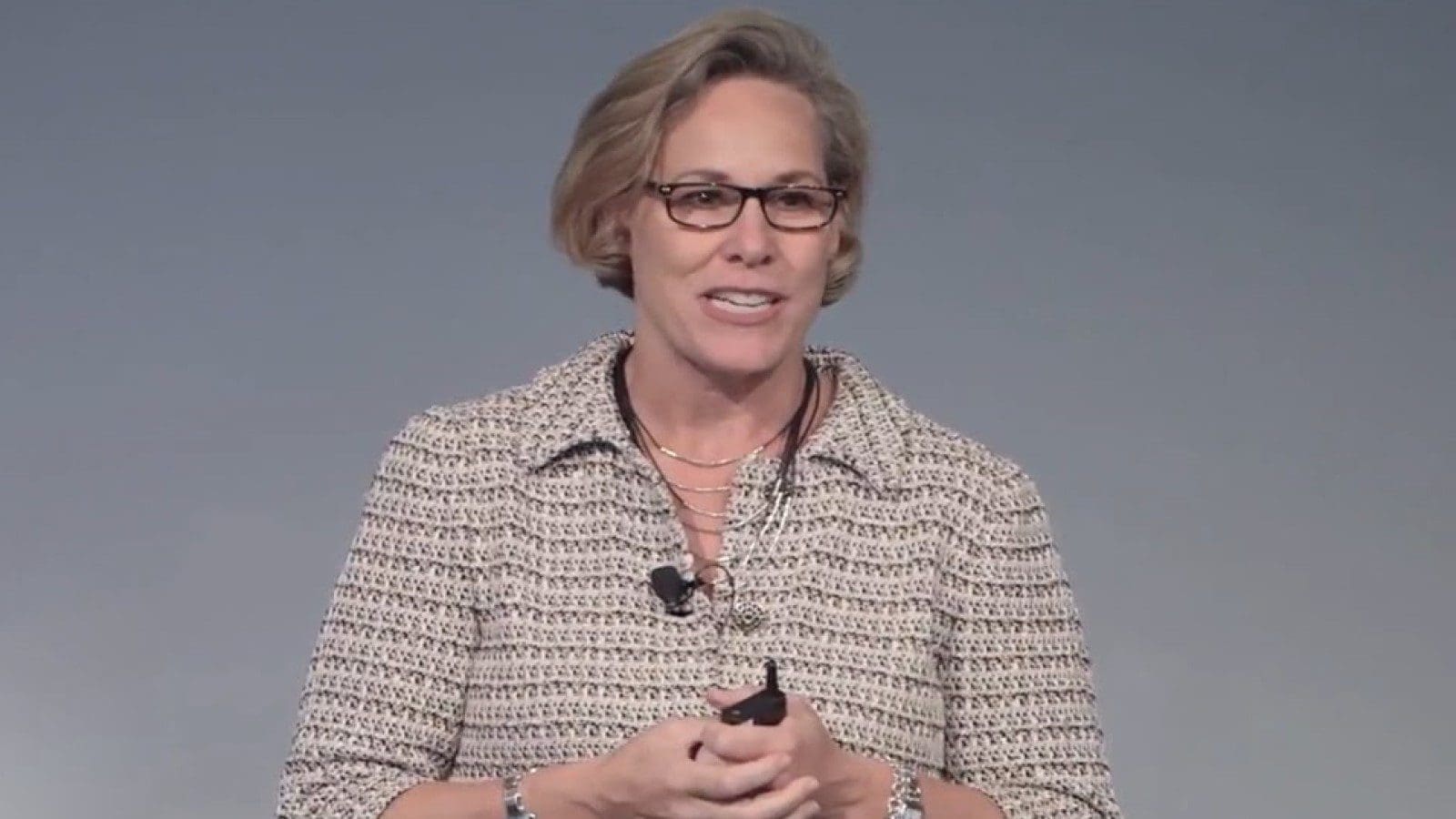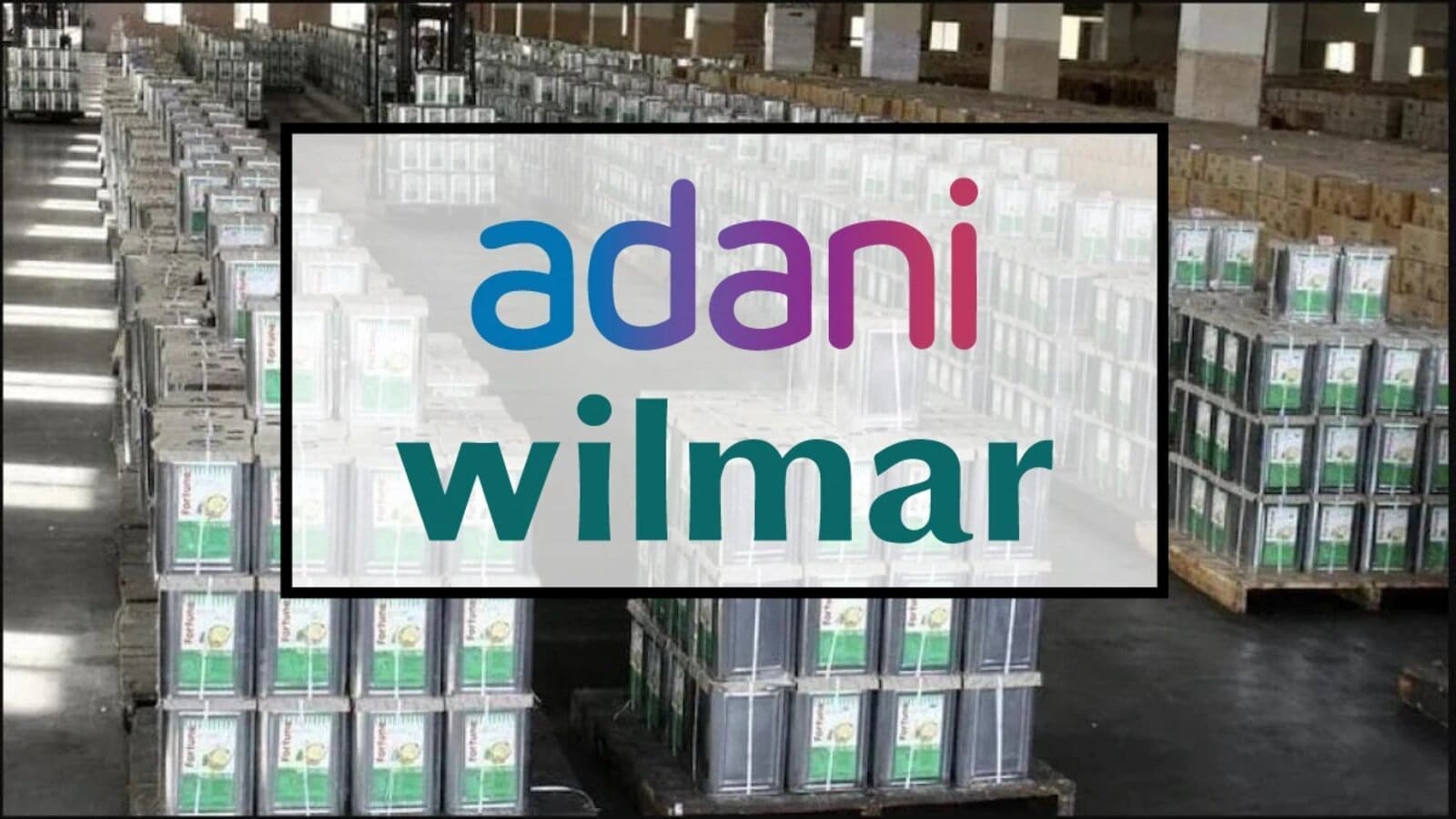BRAZIL- Bunge port agent, Litoral, recently ended its contract with Brazilian Sao Francisco do Sul port authority, where it had rights to ship an estimated 1.4 million tonnes of grains per year from April 2021 to April 2023.
According to official documents and court filings, an extension of the said contract is unlikely, and the end of the contract makes way for rival firms to enter into a similar agreement to utilize the public grains terminal.
Following a dispute over Bunge’s virtual dominance of the Sao Francisco do Sul port three years ago, a port regulator, Antaq, gave port administrators at São Francisco do Sul three alternative companies able to use its public grain terminals.
These rival firms now have an opportunity to use the grain terminal that Bunger has been utilizing in recent years.
However, the conditions under which the port authority allows private grain traders to operate the public port have been a bone of contention, and the port authority remains silent on new guidelines to attract operators to the public grain terminal.
With a storage capacity of 110 thousand tons for solid bulk, São Francisco do Sul Port is known for its dynamism and agility in operations, largely because of the partnership with large companies such as Terlogs and Bunge constituting the export corridor installed in the primary area of the Port.
According to shipping data, Sao Francisco do Sul is Brazil’s sixth most active port for corn and eighth for soy exports, having shipped an average of 5.7 million tonnes of soybeans and corn annually in the six years until 2022 from its public and private terminals.
Bunge has been a major player in export activities at this port after the port authority developed a model under which agents could take turns operating the public terminal based on their capacity to ship grain volumes and pay fees for the port in 2020.
However, amid mixed results, Bunge’s rivals, including Seatrade Serviços Portuários, challenged the fairness of that arrangement in court.
In a lower court, Judge Joao Franco recently sided with six port agents claiming irregularities in the rules that awarded the now-expiring contracts, ruling that the bidding process had flaws and should be “annulled,” according to a report by Reuters.
Franco’s decision is the latest in the long-running dispute over the port’s public area, which sparked a series of legal, administrative, and regulatory challenges, and the port authority remains silent on Franco’s ruling.
Bunge, through its subsidiary, Bunge Brasil, has been operating in Brazil for more than a century, originating and transporting commodities ranging from grains to crop protection solutions.
The commodity trader and food processor is present in 17 states in Brazil’s five regions and in the Distrito Federal, with more than 100 facilities, including plants, mills, ports, distribution centers, and elevators.
For all the latest grains industry news from Africa, the Middle East and the World, subscribe to our weekly NEWSLETTERS, follow us on LinkedIn and subscribe to our YouTube channel










